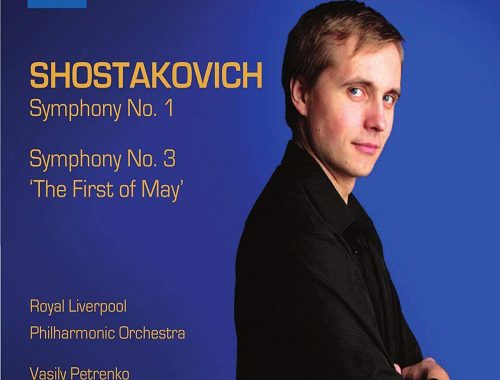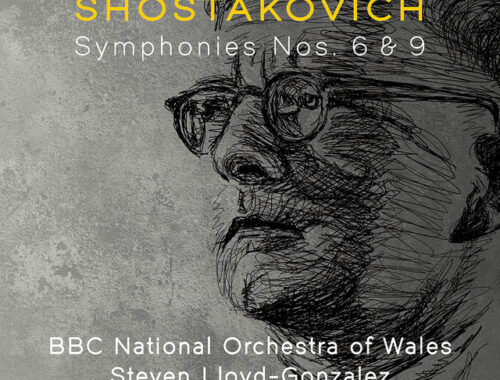London Philharmonic Orchestra, Kavakos, Wildner, Royal Festival Hall
There are a handful of examples that I can think of where an unknown conductor has stepped in at the eleventh-hour and created an overnight sensation. This was not one of them. And yet, credit where it is due, a complex and demanding programme such as this – Mahler’s harrowing 6th Symphony preceded somewhat gratuitously (the Mahler is sustenance enough for one evening) by the rarely heard Szymanowski 2nd Violin Concerto – is not something that conducts itself; one has to hand it to the Austrian born Johannes Wildner, he kept his eye on the prize and he kept his nerve.
Mahler was plainly responsible for the packed house – Jaap van Zweden, a victim of the current flu epidemic, is a rising star but hardly yet a household name. But there was also the promise of Leonidas Kavakos – a remarkable violinist whose mystical powers of persuasion begin from the moment his bow touches the strings. Emerging from a desultory ripple of piano and sultry clarinets Szymanowski’s lushly rhapsodic 2nd Violin Concerto is all about the rapturous transfiguration of a humbler music, the music of the composer’s Polish homeland writ large against the sweep of his beloved Tatra Mountains. Wildner was more than adequate in keeping this harmonic hothouse at the required temperature but it was Kavakos’ gloriously intuitive playing that carried this audience on the tip of his bow finally to achieve an extraordinary inner stillness in the becalmed double stopping at the heart of the solo cadenza. This Bachian moment was then poetically echoed in his well-earned encore.
Szymanowski ends with a march, Mahler’s tumultuous 6th begins with one. Wildner quickly registered that the remorseless tread of this music emanates from the underpinning of the string basses. Much of it was strictly in tempo and I for one would like to have felt more give in Alma’s glorious theme with its singing horn counterpoint. But generally speaking the mechanics and spirit of the piece were well served with some heroic playing from the London Philharmonic Orchestra’s trumpets and horns. It was that extra dimension, that force of personality that can truly unlock the slow movement’s heartache (rightly placed third as per Mahler’s original published order) or the finale’s cosmic despair that was ultimately conspicuous by its absence. There’s a world of difference between an orchestra playing extremely well and an orchestra playing for its life.
You May Also Like

A Conversation With VASILY PETRENKO: Shostakovich Cycle 1 and 3
02/09/2010
GRAMOPHONE Review: Shostakovich Symphonies Nos. 6 & 9 – BBC National Orchestra of Wales/Lloyd-Gonzales
31/10/2022